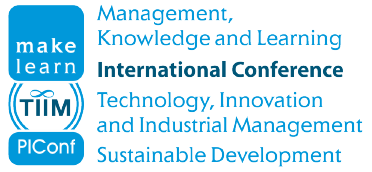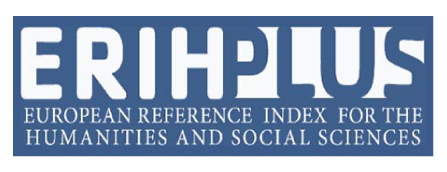Work-Life Balance, Upward Career Mobility and Further Education: The Case for Working Mothers
DOI:
https://doi.org/10.53615/2232-5697.10.305-321Keywords:
work-life balance, further education, upward career mobility, working mothers, career progression, career breaks, support, family-friendly policiesAbstract
Purpose: This paper aims to explore how working mothers make sense and respond to their professional desires, responsibilities and expectations within the context of motherhood. It also seeks to explore what it takes for mothers to live up to their potential at work, what it takes for mothers to reach top positions in their field of work and the challenges they face. All of this with the ultimate aim of pooling opinions as to which incentives, strategies or measures can help reduce the conflict between family life and work.
Study design/methodology/approach: Via a phenomenological approach and through the lens of social constructivism, this qualitative study is based on interviews with seven mothers holding executive or managerial positions in Malta.
Findings: Balancing family and work proves to be extremely difficult, especially when the mother holds executive or managerial roles, and this comes with much stress and requires constant planning and organisation, time management, perseverance, resilience, spousal and parental support, and completely sacrificing one's time for hobbies or similar interests. Mothers' innate drive to prioritise their families caused all of the interviewees to shape their careers or studies around family responsibilities, with all but one opting for career breaks when their children were still young, yet such a decision was never regretted. All the interviewees chose to pursue self-actualising roles at work at some point or another. Such an intrinsic drive to reach their full potential caused almost all of the interviewees to further their studies up to a certain extent.
Originality/value: This paper provides raw insights into the struggles working mothers face when balancing work and family life, primarily if the mother seeks to actualise herself via a fulfilling career. The paper presents recommendations for policymakers, employers and society as a whole on how mothers' potential in the workforce can be cultivated.
Downloads
Downloads
Published
License
Copyright (c) 2021 Marisabelle Camilleri, Damian Spiteri

This work is licensed under a Creative Commons Attribution-ShareAlike 4.0 International License.















